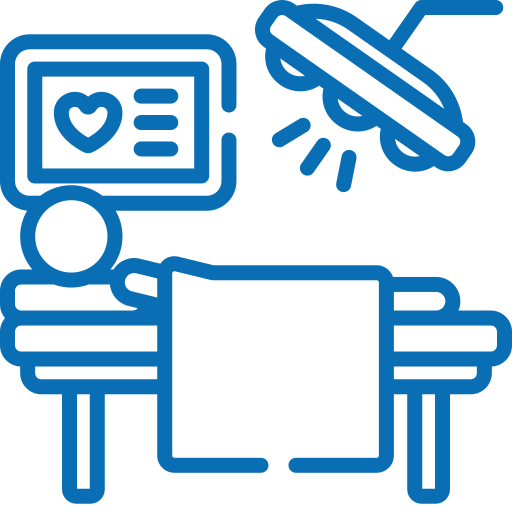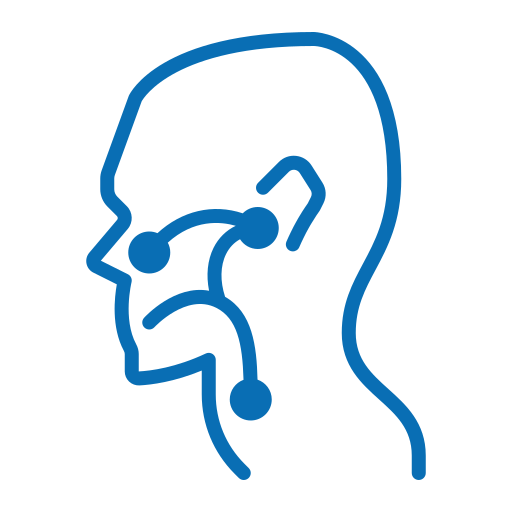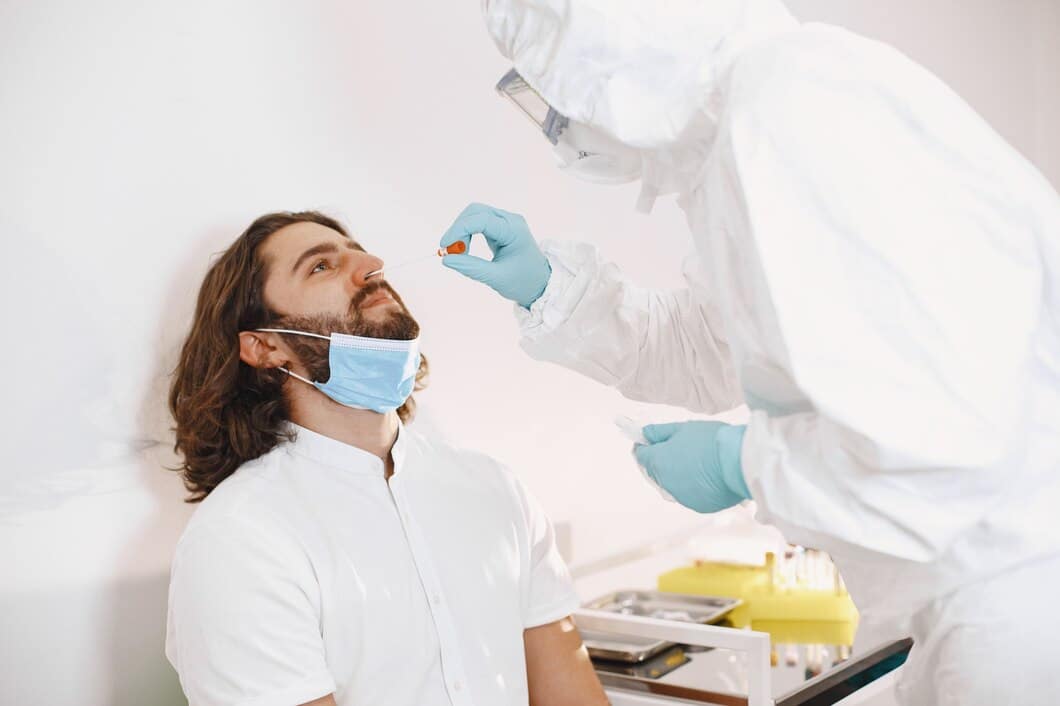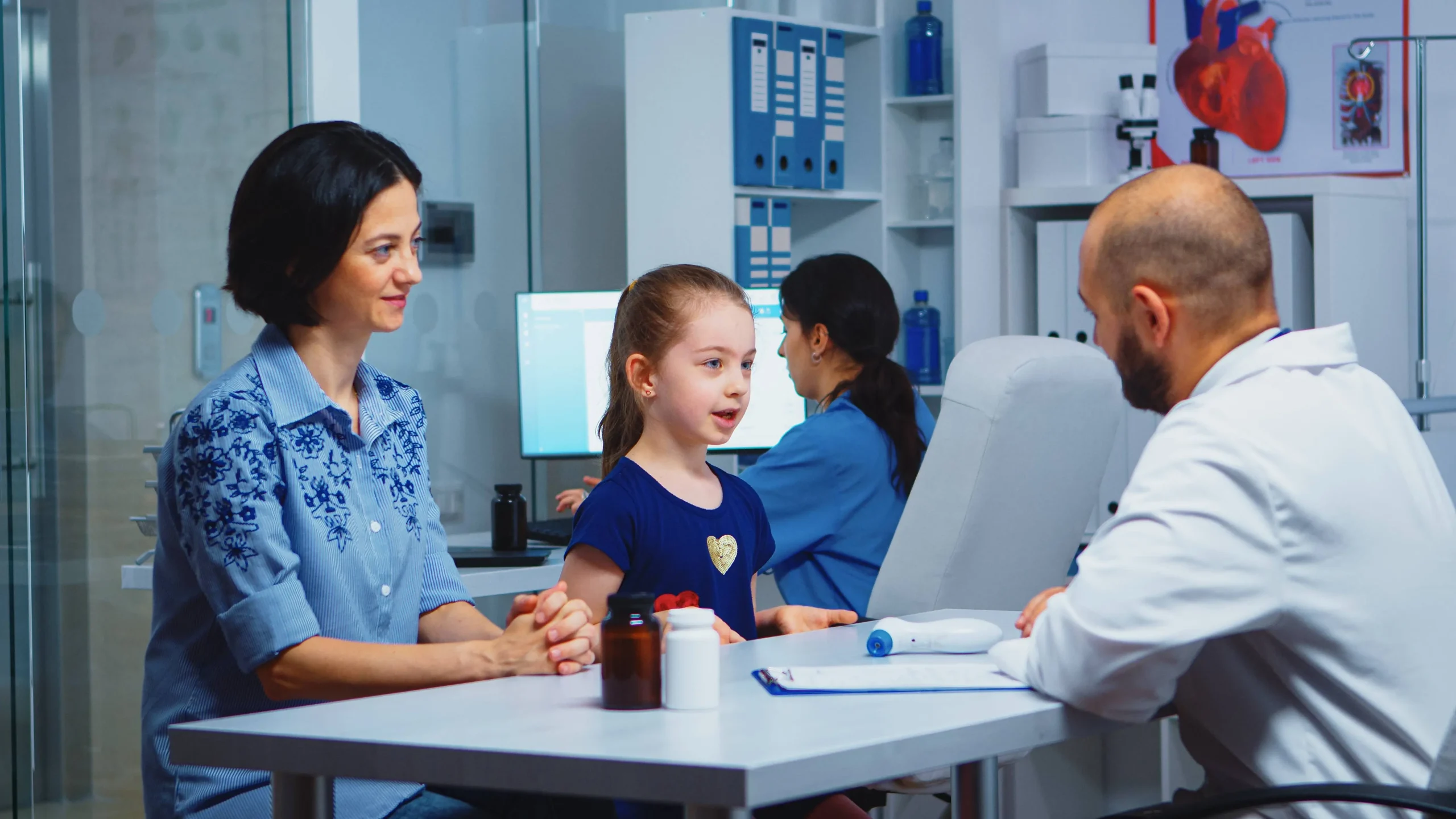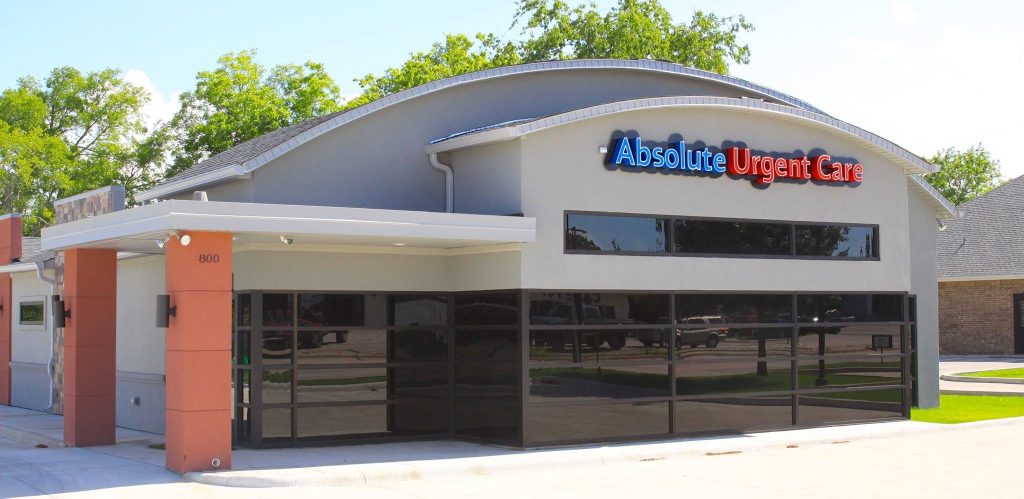A runny nose, sore throat, and fatigue make the winters tough for most patients. In other scenarios, either the Absolute Urgent Care or some other provider will be required. It is important to be able to discern when home treatments will be enough in order to enhance recovery times as well as minimize some complications that might arise later in the season.
Therefore, in this post I’ll be focusing on how much patients can use solves from home, and when it is a good idea to contact these specialists about the illness – knowing when will help ensure fast recoveries/complications while speedier recoveries/complications takes place somewhere later in the line of illness!
Primary Difference Between Colds & Flu (Influenza)
Right before we address the ways in which we can manage the symptoms, a distinction between the colds (common cold) and the flus (influenza) needs to be made as both are caused by different kinds of viruses and share some common symptoms such as cough but do their impact at different rate and severity. A cold tends to build up within a person over a period of time which is longer than a flu as flus tend to be more intense and brief which may cause pneumonia even in risk groups of elderly people or young kids, or those who have a weak immune system. Common Cold Symptoms:
Runny or stuffy nose: Sore throat within the folds of tissue sandwiched between two lungs Snoring headache as internal sound waves recoil within the chest Coughs persistent and annoying as a persistent tremor and tremors. Overworked.
Flu Symptoms: Almost high-grade fever almost blazing and unbearable (100.4degF) and scaling fever worse than a decimated volcano Severe body Aches Have got a phantom limb dry cough sore throat
It is important to identify nausea, vomiting, and diarrhea to see if they are self-treatable with one of their own medications at home, or if professional services are needed from base centers like Absolute Urgent Care.
How to Treat and Cure Cold and Flu related symptoms at your home
For most people, both cold and flu can be treated under home management with the use of non-prescription medicines, rest and increased fluid intake. In management, treatment and home remedies, the following are some of the strategies for treating the symptoms:
Staying Hydrated
Rest and Sleep This may sound amusing considering the Spanish term ‘siesta’, but rest is essential for healing. Your body is better off using its strength to combat the infection rather than sustenance if time is provided to rest. Make it a point to ensure that you get enough hours of sleep, including a number of short naps during the day if required.
Home Remedies for Symptom Relief:
A number of home based treatments can be effective in minimizing the discomfort further: Warm saltwater gargle: A particularly good method to relieve painful throats.
Steam inhalation: Relieve the stuffed sensation in the tissues within the nose. Honey and lemon mix: When the dry cough is associated with symptoms of sore throat, a combination of honey and lemon in a warm solution can be used to sooth dry coughs very effectively.
Over-The-Counter Medication
OTC medications like acetaminophen and ibuprofen can be used to reduce fever, body or head pains, paracetamol can be used to neutralize muscle ache and tri flu centres are effective for head aches; while decongestants/antihistamines can cure blocked or running nose for short durations.
The majority of these techniques maybe bas effective in treating mild to moderate symptoms, but if any such symptoms become severe like controlling neck and throat you may need to visit the doctors at Absolute Urgent Care to ensure there is no underlying ailment.
Recognize When It Is Necessary To Seek Medical Attention
Proper self-care of cold and flu symptoms includes knowing when the situation calls for a visit to a healthcare doctor, and this helps reduce the risk of complications as well as getting one the right treatment. Below are circumstances when Absolute Urgent Care or your local clinic or Emergicare would greatly serve you:
Fevers that Are Prolonged
A fever of 103degF (39.5degC) or higher that persists for more than three days and/or does not respond to appropriate treatment may indicate a more severe infection that needs physician care. With appropriate care, a febrile state associated with influenza should resolve within a few days; if not, there is no reason to delay seeking the services of a doctor.
Difficulties in Breathing or Pain in the Chest Flu symptoms that include difficulty in breathing, shortness of breath or pain in the chest should act as warning signals that need immediate medical attention. These may be signs and symptoms of pneumonia, bronchitis or other kind of infections that may require admissions to the hospital.
Nauseating Headaches Accompanied with Stiff Neck
In case one experiences severe headache or stiffness of the neck in addition to other flu-like symptoms, these could be signs of meningitis. This is a life-threatening condition that requires immediate treatment.
Persistent Cough Or Green/Yellow Phlegm: A cough that extends beyond two weeks that produces phlegm may indicate problems such as sinusitis or bronchitis and may require medical intervention or antibiotics. Antibiotics or other treatment suggestions may be offered by the medical professional as well.
Are You at Risk Because Of Diabetes, HIV, Or Cancer Or Are Taking Immune Suppressing Medications: it is best to consult with the doctor even for a mild cold or flu as they have the experience that these small issues may lead to bigger ones.
Children, Elderly, and Pregnant Women: this group of people is also at a much higher risk of flu complications. If these individuals develop flu-like symptoms it is essential to treat them as soon as possible to minimize the chance of serious consequences such as hospitalization.
Absolute Urgent Care uses advanced systems to evaluate patients’ medical history in order to determine the best plan of action to minimize diagnosis, thus personalized care is incorporated in their approach.
Cold and Flu Prevention
It is true that there is no singular method to completely eliminate colds and flu viruses, there are various ways to reduce the risk of getting a virus by:
An annual flu vaccine can be one of the best and ways to combat influenza or other illnesses as getting one is important as the virus continues to evolve. Additionally, as with everyone else in this cohort, older people, pregnant women, and those with chronic disease are also at risk of complications and these individuals should keep getting continued vaccinations on an annual basis.
Good sanitation measures are of utmost importance in the eradication of the cold or flu viruses, this includes: washing hands regularly, when unable to do so, please try to use hand sanitizer, ts and c rubbing any part of the face including the hands without gloves on etc to avoid contamination, and similarly, do your best to prevent touching facial parts including the noses and eyes among others.
It is strongly recommended that both the mouth and nose parts be covered by tissues in order to ensure the best possible results in coughing and sneezing.
Inspiring immune health can be as simple as eating healthily, exercising more permanently, and including proper sleep within one’s schedule. However, at times, supplementation can insure our body has adequate vitamins required as healthy – using a daily multivitamin may also be helpful!
In addition to that, we do offer consultations professionally and assist our patients in maintaining proper immunity in flu season at Absolute Urgent Care as we do provide flu vaccinations.
Telemedicine
In recent times, telemedicine has become quite useful and popular because of its convenience. When at home, one may not need to visit a doctor’s office while dealing with a mild flu or cold because telemedicine allows instant consultations with no waiting necessary. This can work particularly well for women who manage kids and do not have the luxury of visiting doctors unless necessary!
Telemedicine prevents unnecessary visits to the doctor by enabling doctors to see your symptoms, suggest medication that would help relieve the symptoms and give advice for home care. But in case things don’t improve as expected, or symptoms become worse than anticipated then a doctor visit is unavoidable at Absolute Urgent Care.
Cold and Flu Myths Vs Facts
There are all sorts of remedies and advices around the web on senior cold and flu symptoms as well as the availability of a huge amount of literature today however not all the advice offered is grounded on scientific evidence. Let’s debunk a few commonplace misconceptions in order to clarify the situation. Here are just a few:
Myth: Antibiotics Can Cure the Cold or Flu Antibodies antibiotics treat infections caused by bacteria same like sinusitis or pneumonia and never viral infections like colds and flu. Antibiotics may be effective on secondary infections such as these (like sinusitis or pneumonia) but will not cure primary viral ones like colds, flu, etc.
Myth: Flu Shot Can Give Me Influenza Flu shots are injected with inactivated strains of the virus making it impossible to be able to contract flu from them with some mild side effects experienced such as pain at the injection site or fever but these are mild and should not be interpreted as indications that the person has the flu due to the vaccination.
Myth: Vitamin C Cures the common cold Vitamin C has a variety of effects and is indeed an important nutrient for the immune system. Despite the fact that high dose vitamin c may assist with the common cold and other respiratory illnesses, there’s no evidence that it will stop or heal these diseases.
When it comes to the treatment of colds, flus or any such conditions, by exercising the focus on practices that have been specially proven through evidence, and adhering to the baseless myths associated with the treatments, colds and flu symptoms can be treated in an enhanced way.
Recognizing When to Visit the Doctor
Cold and flu are typical ailments to have during certain seasons, but what can’t be disregarded is when it becomes necessary to consult a doctor as part of the ongoing treatment. Most cases of cold or mild flu are self-limiting and can be cured with simple home remedies, if the symptoms are not excessive; however, for cases with stubborn symptoms or patients in the high risk category, it is better to seek medical attention early.


